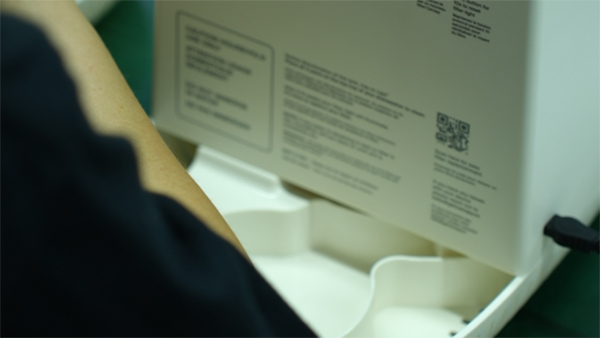In the mold injection manufacturing process, heat treatment is an essential step. The primary purpose of heat treatment is to improve the precision of the mold, thereby enhancing the quality and lifespan of the workpiece. Below is an overview of the main steps in mold heat treatment:
- Forging Process: This is a critical step in mold workpiece manufacturing. For high-alloy tool steel molds, specific technical requirements for the carbide distribution and metallographic structure must be met. The forging temperature range must be strictly controlled, with a reasonable heating standard and appropriate forging methods. Finally, slow cooling or timely annealing is performed.
- Preliminary Heat Treatment: Depending on the material and requirements of the mold parts, processes like annealing, normalizing, or tempering are used to improve the structure, eliminate defects from forging, and enhance processability. For high-carbon alloy tool steel, suitable preliminary heat treatment can eliminate networked secondary carbides or chain carbides, ensuring proper spheroidization and refinement of carbides. This ensures the quality of quenching and tempering, thereby extending the mold’s service life.

Quenching and Tempering: These are critical steps in heat treatment. If the workpiece overheats during quenching, it can lead to increased brittleness, making it prone to deformation and cracking during cooling, which can severely affect the mold’s lifespan. Special attention must be paid to preventing oxidation and decarburization during quenching, and the heat treatment process must be strictly controlled. Where possible, vacuum heat treatment is a good option. After quenching, tempering should be performed promptly, with the appropriate tempering process selected based on technical requirements.
Stress Relief Annealing: After the mold parts are processed, stress relief annealing is performed to eliminate internal stress caused by rough machining, preventing excessive deformation and cracking during quenching. For molds with high precision requirements, stress relief tempering is needed after grinding or electrical processing to stabilize precision and extend the mold’s service life.
DAYIN Plastics Co., Ltd. is a high-tech enterprise specializing in product research and development, design, manufacturing, and sales services, offering one-stop solutions. Since its establishment in 1989, the company has focused on mold making, injection molding, post-processing, and electronic assembly. In addition to OEM services, DAYIN also develops its own products and supports customers with private-label manufacturing. With a 50,000 square meter production base, 30 years of mold development experience, over 50 R&D personnel, and more than 100 injection molding machines, DAYIN is committed to providing high-quality manufacturing services to its clients.
